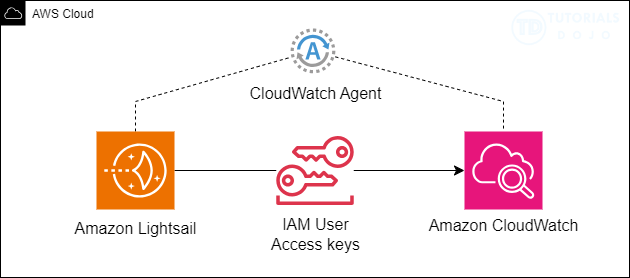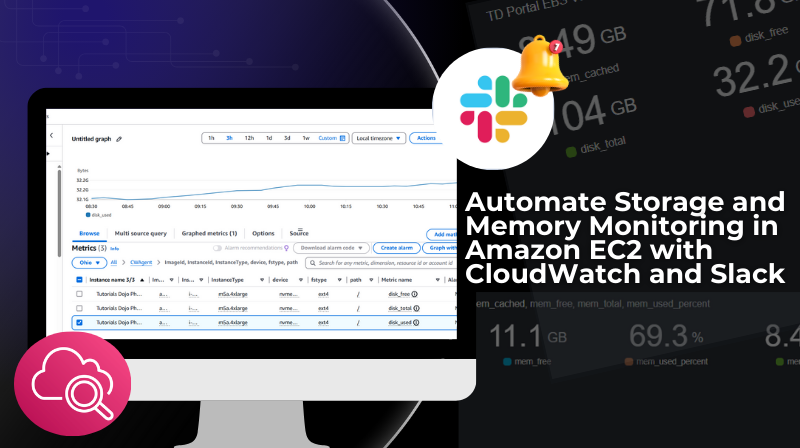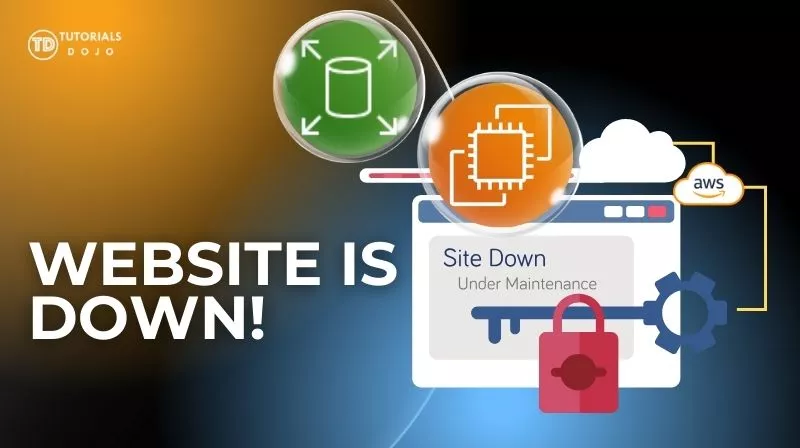Pushing Application Logs from Amazon Lightsail to Amazon CloudWatch: A Step-by-Step Guide
Nestor Mayagma Jr.2025-03-19T07:29:05+00:00In my previous article, I mentioned how you can use your application logs hosted on an Amazon Lightsail instance to create a subscription filter in Amazon CloudWatch. But have you ever wondered how to push your application logs from your Lightsail instance to CloudWatch? Unlike in the EC2 instance, which allows you to easily modify the IAM role and attach the CloudWatchAgentServerPolicy, Amazon Lightsail lacks this capability in its default configuration. Pushing application logs to Amazon CloudWatch is invaluable for maintaining a robust monitoring system. It allows you to track application performance, diagnose issues in real-time, and gain deeper insights [...]










